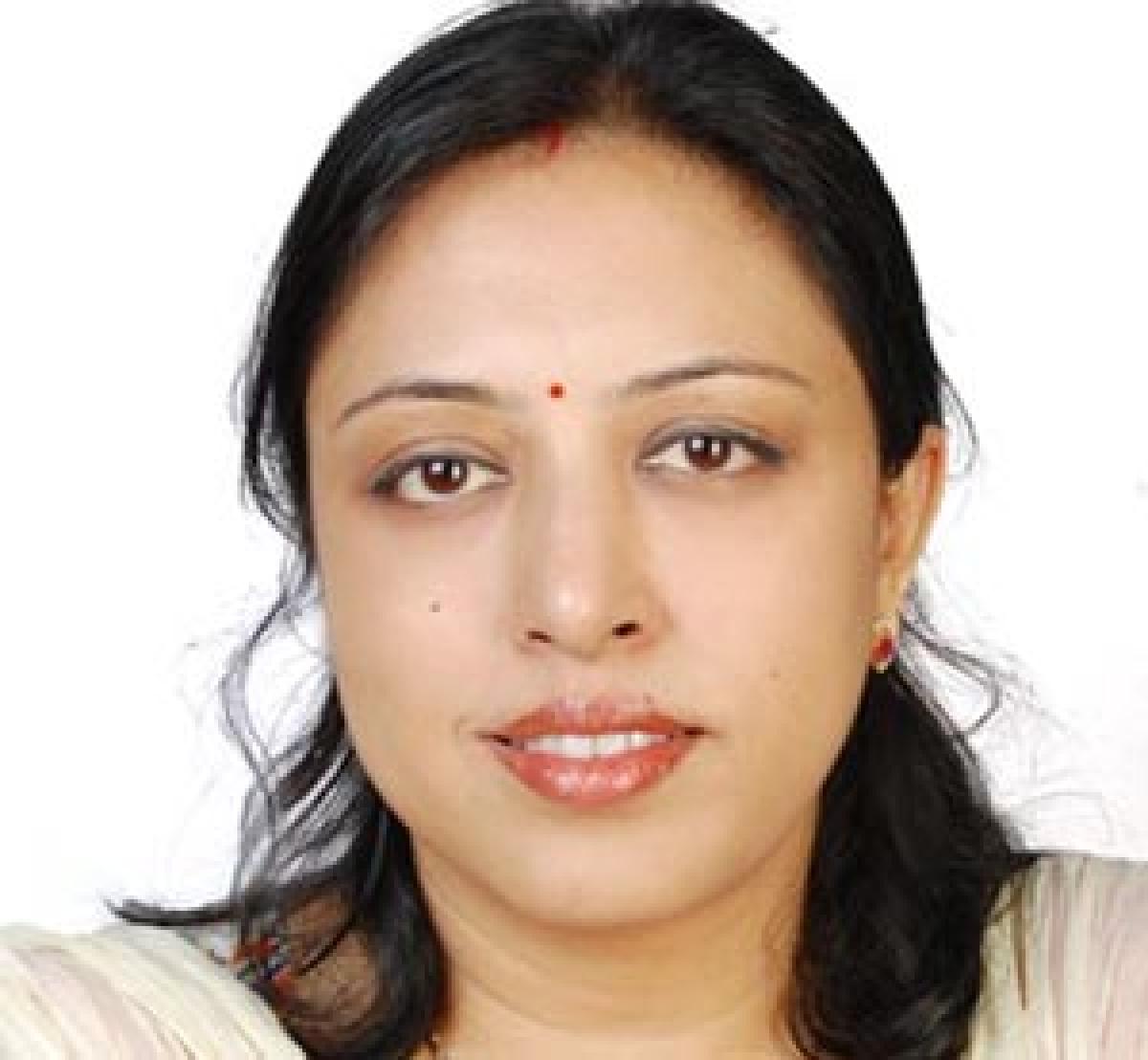Solitary kidney battle

When a person has only one kidney or one working kidney, this kidney is called a solitary kidney or the person is said to have single kidney status.
When a person has only one kidney or one working kidney, this kidney is called a solitary kidney or the person is said to have single kidney status. A child may be born with one kidney, which happens in 1 out of 400 live births, have two kidneys but only one functional or lose one kidney to a disease. People who donate one of their kidneys have a solitary kidney.
Most people live normal, healthy lives with one kidney and one kidney can do the function of two. Many a times the single kidney status goes unnoticed and is discovered only on routine ultrasound scanning. People who donate one kidneys also live a healthy and complete life with single functioning kidney However, it's important to stay as healthy as possible once single kidney status is established and protect the only kidney that the child has.
The solitary kidney in the long term can lead to high blood pressure and loss of protein in urine, reduced filtering capacity as measured by the GFR.As long as these conditions are under control, they will probably not affect the overall health dramatically, but regular monitoring is needed. Once a child has been found to have solitary kidney status the monitoring and lifestyle modifications should be implemented from the very beginning to ensure the health of the growing kidneys.
The precautions that can be taken are as follows:-
- Do urine culture sensitivity in case of fever without cause and if positive should be treated appropriately.
- The cause of Urinary tract infection should be properly evaluated with MCUG and DMSA scans and treatment and follow ups instituted.
- Once the child is 2 years old he should be toilet trained – encourage urination every 2 hours, encourage double voiding i.e. after passing urine child should void again after a count of 10. This ensures complete emptying of bladder
- Children should be counselled regarding using of toilet in school even if it is untidy. Using unclean toilet is not the cause for urinary tract infection but holing of urine can lead to the same
- Child should be trained to pass soft motions daily in the morning. Dietary and habit modification should be made to facilitate the same. Loaded bowels can press on the urinary bladder and cause irritation and urinary retention and the related problem.
Diet
Having a single kidney does not mean that you have to follow a special diet. You simply need to make healthy choices, including fruits, vegetables, grains, and low-fat dairy foods. However it would help to have diet moderately low in salt and fat. High salt intake, which is very common, can lead to high blood pressure in long term and thus effect the kidneys. High fat intake also leads to obesity which leads to high blood pressure.
Non vegetarian families should limit the intake of mutton and egg yolks as these are rich in cholesterol and protein. Lean fish and chicken can be had in the desired quantity Child should be encouraged to have plenty of fruits and vegetables and pulses.
Activity
Child can continue with his normal regular activities. However rough sports called contact sports like soccer, basketball, hockey should be avoided. The single kidney in order to do the work of two kidneys is bigger in size, called as compensatory hypertrophy. Hence it can be injured more easily on impact.
Medicines
Always inform your treating doctor about the solitary kidney status so that he can avoid giving medicines which can be harmful for the kidneys or gives it under supervision. Pain killers like nimesulide, mefanamic acid, ibuprofen should be avoided and paracetamol be used in their place.
Aminoglycosides like amikacin, gentamycin etc.should be avoided. Ayurvedic medicines and other alternative medicines like siddha etc. can injure the kidneys, and hence should be avoided
Follow ups: Apart from the general physical checkups6 monthly to 1 yearly monitoring for blood pressure and protein in urine should be done. With earliest indication of any problem the entire renal function test should be done.














